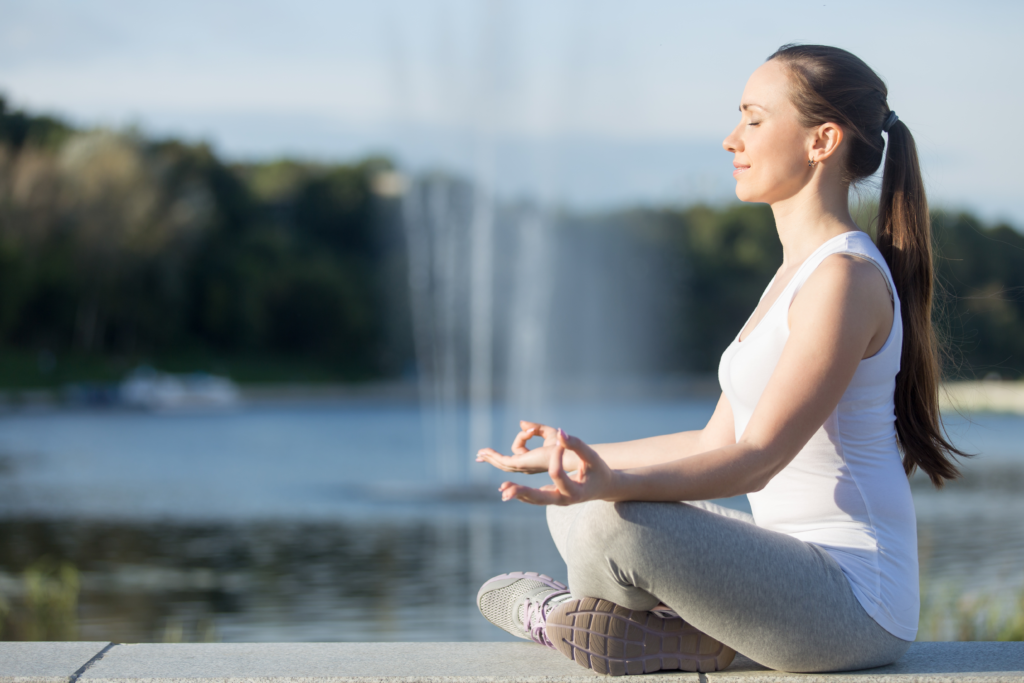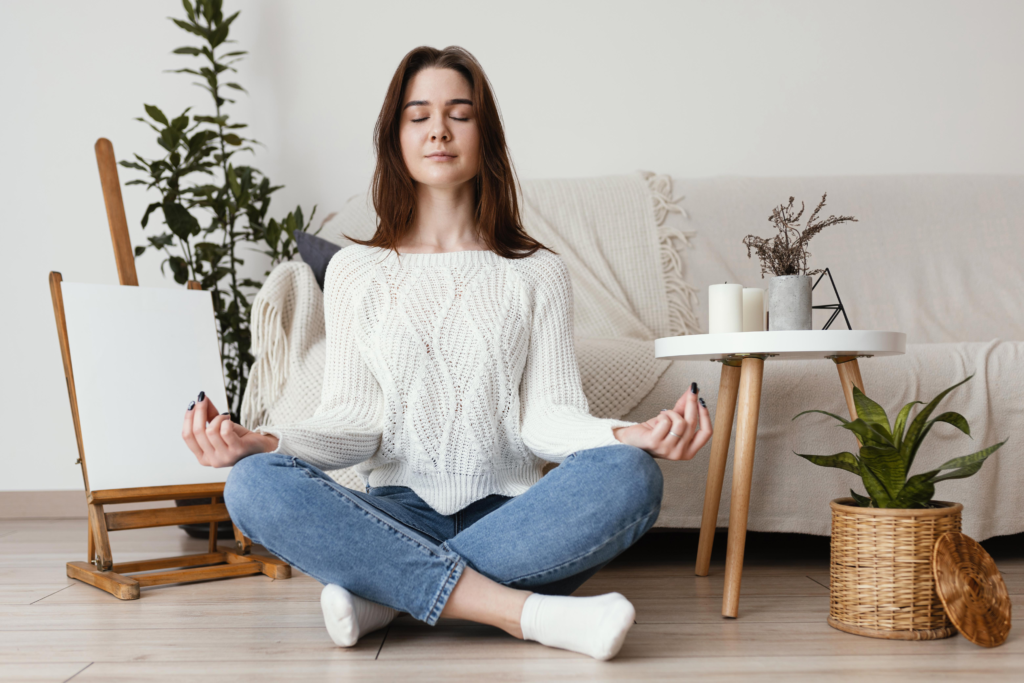
I. Introduction
Meditation, an ancient practice dating back thousands of years, has gained widespread recognition in recent times for its myriad benefits. As a seasoned meditation instructor with three decades of experience, I’ve witnessed firsthand the transformative power of this practice. In this comprehensive guide, we’ll delve into the essence of meditation and offer valuable insights to newcomers embarking on this journey of self-discovery and inner peace.
II. What is Meditation?
At its core, meditation is a practice that involves training the mind to achieve a state of heightened awareness and focused attention. It encompasses a diverse range of techniques, each offering a unique path towards inner calm and spiritual growth. From mindfulness meditation to loving-kindness meditation, the possibilities are endless.
III. Benefits of Meditation
The benefits of meditation extend far beyond the confines of the meditation cushion. Physically, it promotes relaxation, reduces stress, and enhances overall well-being. Mentally, it sharpens focus, improves cognitive function, and cultivates a sense of clarity. Emotionally, it fosters resilience, promotes emotional regulation, and nurtures compassion towards oneself and others.
IV. Getting Started with Meditation
Embarking on the journey of meditation requires creating a conducive environment free from distractions. Find a quiet space where you can sit comfortably, preferably in a posture that allows for relaxation yet maintains alertness. Begin by focusing your attention on the natural rhythm of your breath, allowing it to anchor you to the present moment.

V. Tips for Beginners
For beginners, embarking on the path of meditation may seem daunting at first. However, by starting with short sessions, using guided meditation apps, and staying consistent in your practice, you can gradually build momentum and reap the rewards of this ancient practice.
VI. Advanced Meditation Techniques
As you progress on your meditation journey, you may explore advanced techniques such as mindfulness meditation, which involves observing your thoughts and sensations without judgment, and loving-kindness meditation, which cultivates feelings of compassion and goodwill towards oneself and others.
VII. Overcoming Common Challenges
Challenges are an inevitable part of the meditation journey. From dealing with distractions to handling discomfort, it’s essential to approach these obstacles with patience and compassion. By gently guiding your attention back to the present moment and embracing whatever arises with acceptance, you can navigate through the ebb and flow of your practice.
VIII. Integrating Meditation into Daily Life
Meditation isn’t confined to the meditation cushion; it’s a way of life. By establishing a daily meditation routine and infusing mindfulness into everyday activities such as eating, walking, and working, you can cultivate a deeper sense of presence and awareness in each moment.
IX. Conclusion
In conclusion, meditation is a timeless practice that holds the key to unlocking inner peace, clarity, and profound self-awareness. Whether you’re a novice or a seasoned practitioner, the journey of meditation is one of endless exploration and discovery. By embracing the practice with an open heart and a curious mind, you can embark on a transformative journey towards a life filled with joy, fulfillment, and serenity.
X. FAQs
- What is the best time to meditate?
- The best time to meditate is whenever it fits into your schedule and allows for minimal distractions. Many people find that meditating in the morning helps set a positive tone for the day ahead.
- Can meditation help with anxiety?
- Yes, meditation has been shown to be effective in reducing symptoms of anxiety by promoting relaxation and reducing stress levels.
- How long does it take to experience benefits from meditation?
- The timeline for experiencing benefits from meditation varies from person to person. Some people may notice improvements in their mood and well-being after just a few sessions, while others may take longer to experience noticeable changes.
- Is meditation a religious practice?
- While meditation has roots in various spiritual traditions, it is not inherently tied to any specific religion. It can be practiced by people of all faiths or no faith at all.